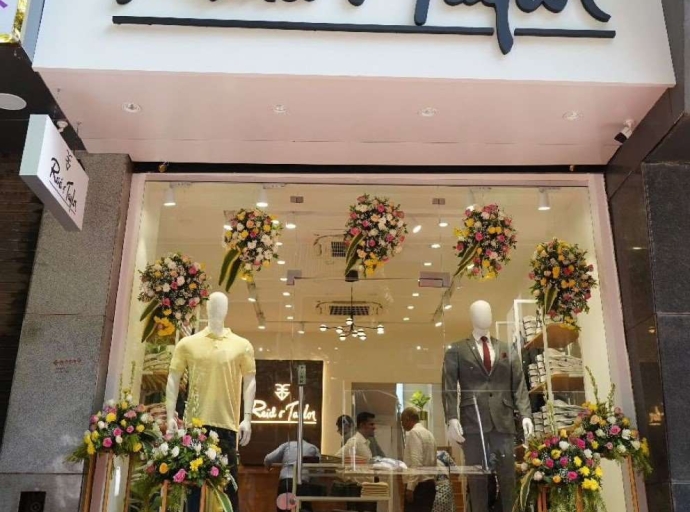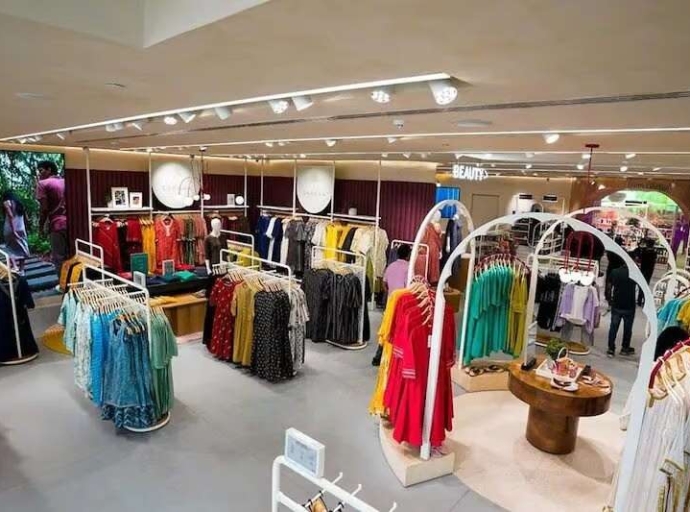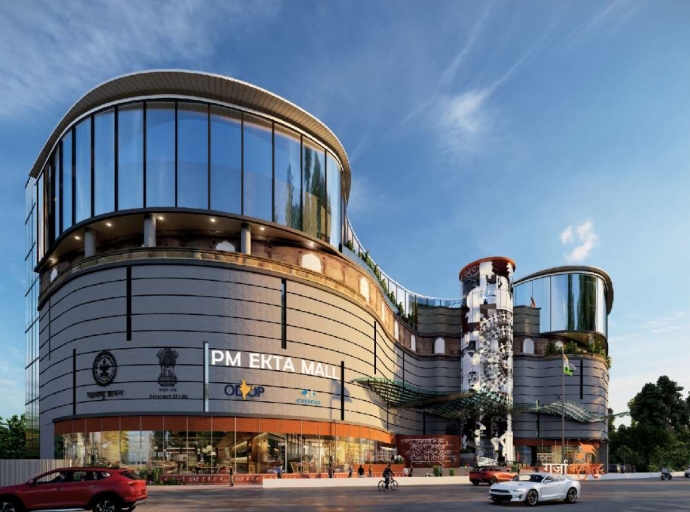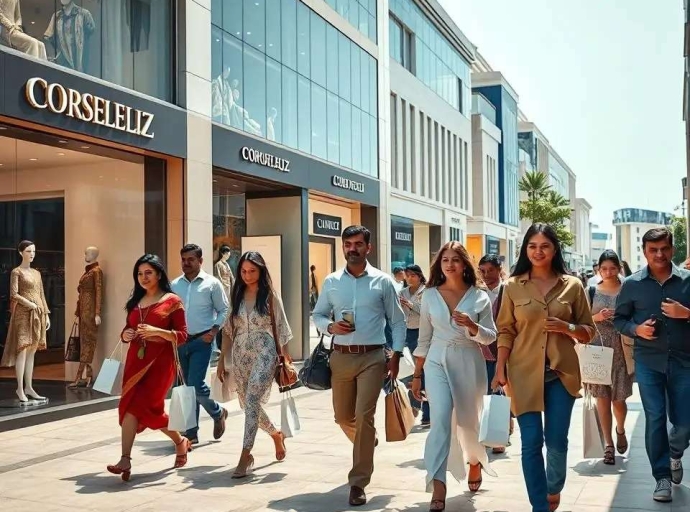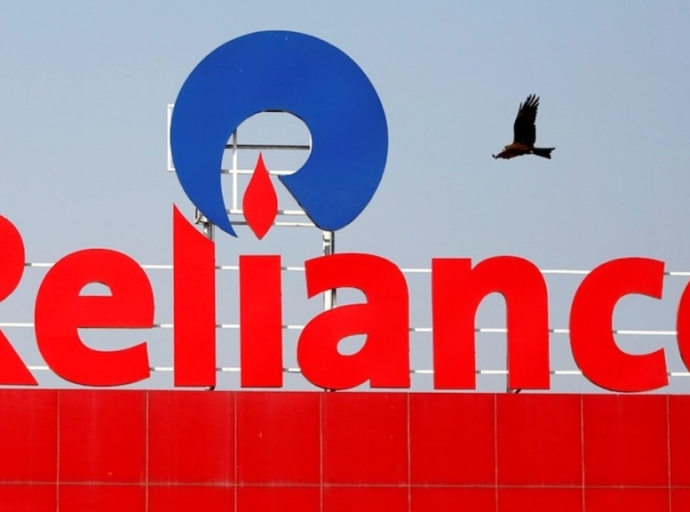Mukesh Ambani's ambitious foray into Indian retail, spearheaded by Reliance Retail Ventures Limited (RRVL), has undeniably established the company as the country’s largest retailer in terms of revenue and reach. However, a closer examination of its financial performance and acquisition strategy reveals a narrative of rapid expansion that hasn't translated into commensurate profits, a point highlighted by angel investor Ashish Gulgulia in a recent LinkedIn post. This perspective is echoed by some analysts while others maintain a more optimistic outlook, focusing on the long-term potential.
Growth not reflected in profit
Over the past decade, RRVL has seen exponential growth. As per the company's recent figures, gross revenue for FY25 reached Rs 3.3 lakh crore that is 8 per cent year-on-year increase. The retail footprint has also grown, with the store count rising 64 per cent in the last five years to reach 19,340 outlets nationwide. This aggressive growth has been due to capital expenditure, with Rs 36,000 crore invested in the past fiscal year alone.
Table: Comparative profit analysis (FY25 estimates)
|
Company
|
EBITDA margin (%)
|
PAT margin (%)
|
Gulgulia's observation
|
Analyst perspectives
|
|
Trent
|
22.5
|
Not Available
|
Significantly Higher Profitability
|
Positive: Some analysts at brokerage firm JM Financial, in a recent sector report (April 2025), highlighted Trent's focus on premiumization and strong brand portfolio as key drivers for its superior margins.
|
|
Shoppers Stop
|
>16
|
Not Available
|
Substantially Better Margins
|
Neutral: Analysts at ICICI Securities (April 2025) acknowledged Shoppers Stop's improved profitability but cautioned about the cyclical nature of the apparel retail sector.
|
|
Aditya Birla Fashion and Retail
|
>16
|
Not Available
|
Outperforming Reliance
|
Positive: A report by Kotak Institutional Equities (March 2025) noted ABFRL's diverse brand portfolio and focus on higher-margin categories as contributing to its strong performance.
|
|
DMart
|
~7.9
|
Not Available
|
Near Parity in Low-Margin Segment
|
Positive: Despite operating in the grocery segment, Motilal Oswal Financial Services (May 2025 sector update) consistently praises DMart's operational efficiency and cost management.
|
|
Reliance Retail
|
8.3
|
5
|
Lags Significantly on Profitability
|
Negative/Neutral: Gulgulia's view is echoed by several independent analysts who point to the dilutive effect of the grocery business and the high cost of acquisitions on RRVL's overall profitability. However, some analysts at Goldman Sachs (February 2025 report) maintain a positive long-term outlook, citing RRVL's dominant market share and potential for future margin expansion as the acquired businesses mature and synergies are realized.
|
Gulgulia's analysis points directly to the, "missed opportunities and underwhelming returns," despite RRVL's "unmatched ambition, capital, and scale." He notes while RRVL has achieved a staggering Rs 3.3 lakh crore in gross revenue in FY25, which is 8 per cent year-on-year growth, and increased its store count to 19,340, a 64 per cent rise in five years, the underlying profit metrics raise significant concerns. He observes, RRVL's EBITDA margin remains stuck at a modest 8.3 per cent, and its PAT margin at just 5 per cent, despite a substantial Rs 36,000 crore capital expenditure in the last fiscal year. He argues that even the 11 per cent annual PAT growth feels "underwhelming for a business of this scale and investment."
A comparison with peers like Trent (22.5 per cent EBITDA margin), Shoppers Stop and Aditya Birla Fashion (both exceeding 16 per cent), and even DMart (close to 7.9 per cent in the grocery segment) starkly illustrates Reliance Retail's profit deficit. "For all its dominance, Reliance’s retail business simply lags on profits," he encapsulates the core issue. Furthermore, he critically examines RRVL's acquisition strategy, noting that the "much-hyped startup acquisitions haven’t helped." His analysis of key acquisitions reveals a concerning trend.
Table: Performance of Reliance Retail acquisitions
|
Acquired entity
|
Acquisition year
|
Revenue (Rs crore)
|
Profit/Loss (Rs crore)
|
Gulgulia's assessment
|
|
Urban Ladder
|
2020
|
155
|
+14
|
Underwhelming profit for turnaround effort
|
|
Zivame
|
2020
|
-
|
-39
|
Significant revenue fall and widening losses
|
|
Clovia
|
2022
|
-
|
-39
|
Losses despite double-digit revenue growth
|
|
Netmeds
|
2020
|
67
|
-
|
Revenue has dropped
|
|
Metro Cash & Carry
|
2023
|
-
|
-100
|
Posted a significant loss
|
Gulgulia's observation that "Out of ten major acquisitions, more than half are loss-making or shrinking" underscores the challenges RRVL faces in effectively integrating and turning around these businesses. His commentary on the conversion of Big Bazaar stores into Reliance Smart as a "masterstroke" that has largely resulted in "more square footage, not more profit" further highlights the disconnect between expansion and profitability.
In his analysis, Gulgulia pinpoints several potential reasons for this struggle, including: Integration without synergy; management stretch, a focus on "Chasing scale, not substance," and "Margin-dilutive segments." These factors, as Gulgulia articulates, have likely contributed to the underwhelming financial performance despite the massive investments and market reach.
In line with Gulgulia's implicit critique of prioritizing scale over efficiency, Avenue Supermarts, which operates DMart, offers a compelling contrast. DMart's focus on organic growth, operational efficiency, and value retailing in the grocery segment has yielded consistently healthy profit of near 7.9 per cent EBITDA margin, even within a low-margin sector. This reinforces hus suggestion that a focus on substance and efficient operations can be more effective than solely pursuing scale.
Contrasting views against the analysis
However, Deepika Mittal, a partner at a leading consulting firm specializing in retail strategy Deloitte India, speaking at a retail leadership summit in Mumbai recently countered, "While scale is undoubtedly important in retail, sustainable profitability is paramount. Reliance Retail's current numbers suggest an overemphasis on topline growth at the expense of bottom line. The challenges in integrating acquired businesses and the inherent low margins in key segments like grocery need to be addressed strategically. Simply being the biggest doesn't guarantee long-term success if profitability remains elusive."
However, Gulgulia concludes, Mukesh Ambani's retail empire showcases significant vision and ambition. However, the current financial indicators, as he and several analysts highlight, suggest that "scale alone isn’t enough." While some analysts remain optimistic about future margin growth driven by market dominance and synergy realization, others echo Gulgulia's concerns about the need for a shift towards profits and efficient integration. The coming fiscal will be crucial in determining whether RRVL can indeed deliver on its promise and validate the varied perspectives of investors and industry experts




